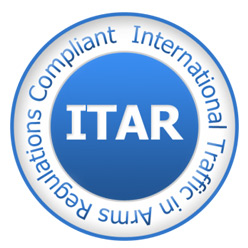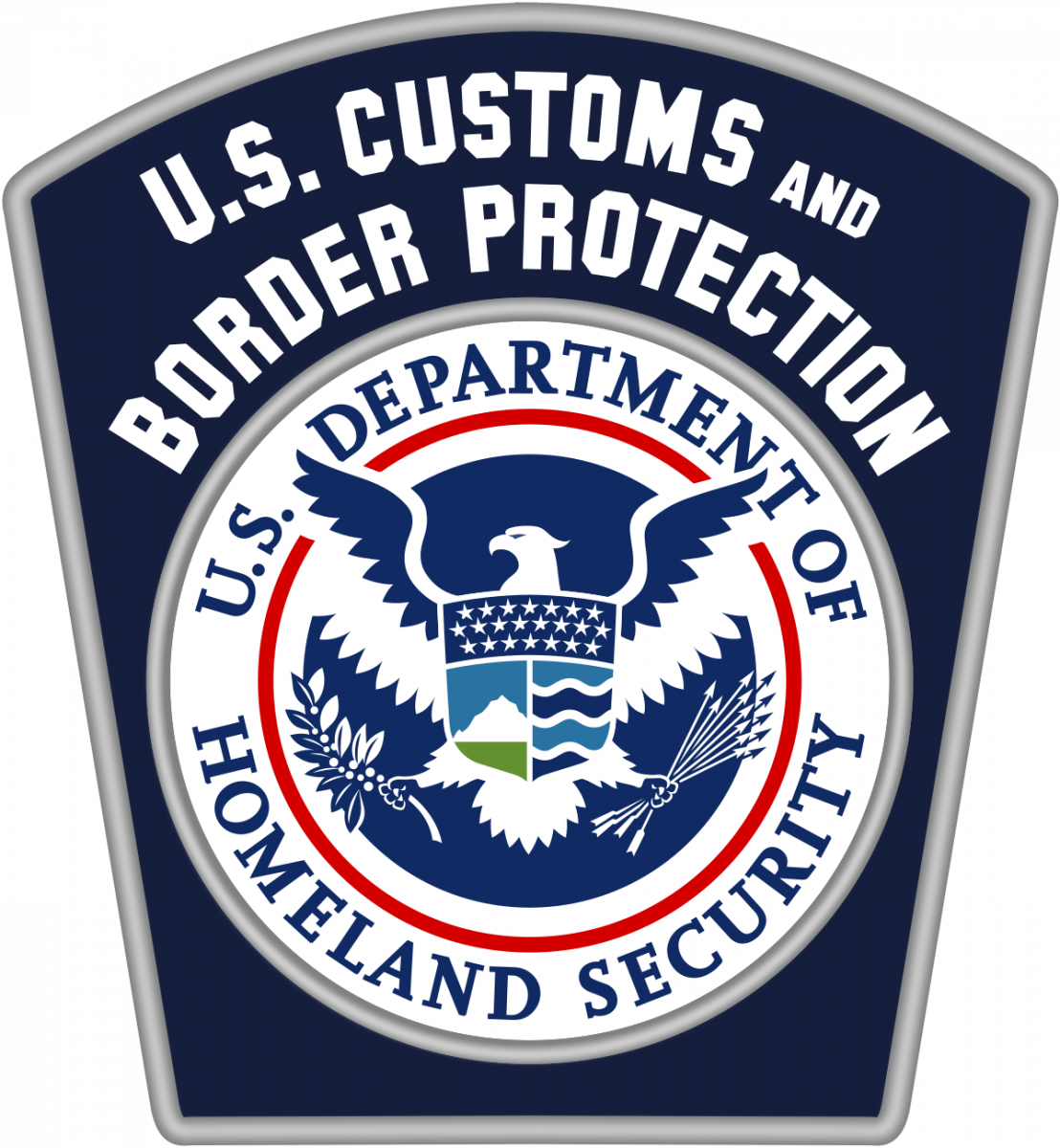
Get a UK Carnet
A near-collision between ATA Carnet clearances and ITAR-licensed shipments briefly threatened to derail use of carnets for that category of goods.
 An unintended consequence of implementation of the Single Window* was an inability to temporarily import/export these DTCC-licensed goods using an ATA Carnet since the ATA Carnet is not fully tracked within CBP's systems. Electronic filing of all DTCC licenses became a requirement in the Final Rule published January 3, 2017.
An unintended consequence of implementation of the Single Window* was an inability to temporarily import/export these DTCC-licensed goods using an ATA Carnet since the ATA Carnet is not fully tracked within CBP's systems. Electronic filing of all DTCC licenses became a requirement in the Final Rule published January 3, 2017.
The confusion was quickly resolved by CBP once all the parties impacted provided feedback to CBP on the negative result for trade. Paper copies of export licensing documents will continue to be accepted in lieu of electronic data and carnets will not be rejected in favor of electronic licensing data collection.
U.S. ATA Carnet Service Providers including boomerang carnets, the United States Council for International Business, CBP and industry involvement from affected Freight Forwarders and Customs Brokers worked together to resolve the conflict, once it was brought to light. As a result, a message was published by CBP on May 12th, 2017 clarifying the processing of DTCC (Defense Trade Controls Compliance) licenses for carnet imports:
"CSMS #17-000274
Title: CBP Processing of DTCC Licenses for Carnet Importations
Date: 5/12/2017 11:51:56 AM
To: Automated Broker Interface, ACE Portal Accounts, Export, New ACE Programming, Partner Government Agencies, Trade Policy Updates
Carnets are processed using the paper carnet and are not yet automated. As a result, the
ability to collect information for Partner Government Agencies, including licenses, is limited to paper as well. When processing carnets, CBP will allow the use of paper copies of the export licensing documents in lieu of electronic information. As a matter of policy, CBP will not reject carnets for the purpose of collecting license information electronically. Export procedures will still require AES filing with appropriate license documentation.
 • At the time of arrival in the U.S. the paper carnets will be presented to CBP for review and notation as appropriate.
• At the time of arrival in the U.S. the paper carnets will be presented to CBP for review and notation as appropriate.
• If the merchandise being temporarily imported requires a DSP-61, Temporary Import License, and/or DSP-73 License for Temporary Export, the license holder is to present a copy of the license along with the carnet.
• CBP personnel will review the carnet and license to determine correctness and perform any necessary examinations or reviews as per current policy.
• CBP personnel will appropriately annotate the correct importation counterfoil of the carnet and follow all current processing instructions for carnets.
• CBP personnel will annotate the license in the Automated Export System (AES) in the comments section. The comments should include the date, the processing port, carnet identifying number, and the licensed quantity, description and value being imported.
• Exporters will have to file the Electronic Export Information in AES against the appropriate license and present the carnet for outbound processing."
To avoid these conflicts in future, an ATA Carnet Working Group has been created. The Group will work closely with CBP to expand ACE to include ATA Carnet entries on temporary imports and to advance the efforts to fully digitize the carnet document and process.
*Executive Order 13659 and the Security and Accountability for Every Port Act of 2006 (SAFE Port Act) as implemented by the Department of State in a Federal Register Notice (attached).